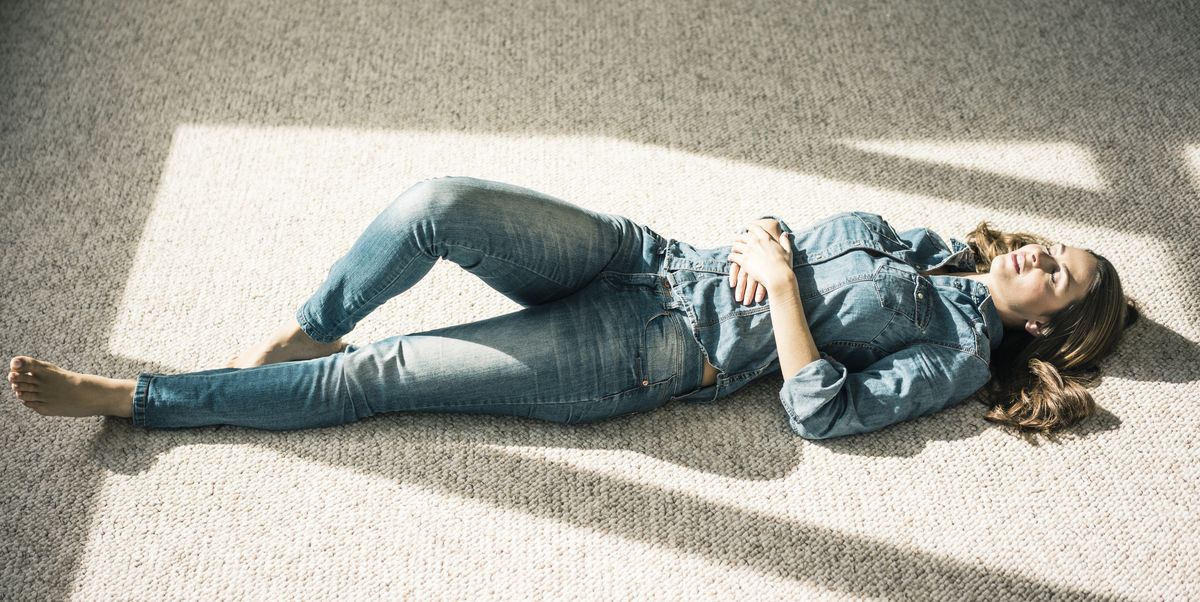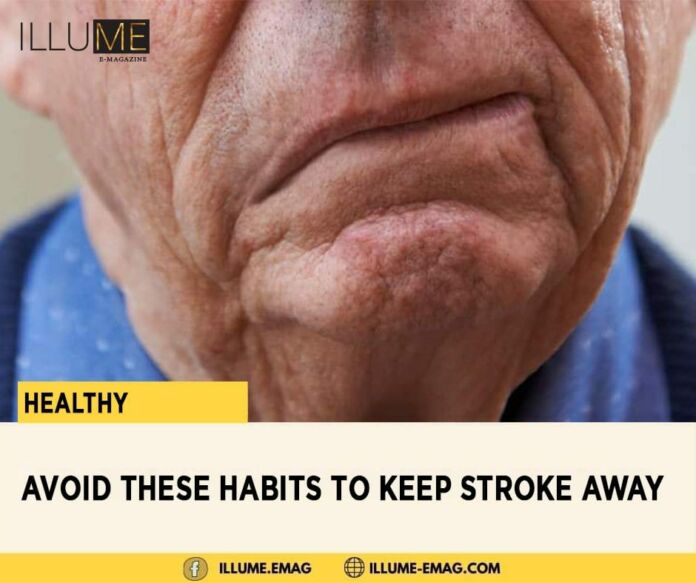On June 12th, in a match in Group B Euro 2021, a football player named Christian Eriksen had a stroke on the field. The news went viral in a couple of minutes, and everyone had their heart in their mouth. Luckily, after 13 minutes of first aid, Eriksen appeared to have regained consciousness at this moment, with his eyes open and his blood oxygenated. This is a case in point to demonstrate how serious and unexpected stroke can be.
A stroke occurs when a blood vessel gets clogged or breaks, preventing blood and oxygen from reaching the brain. A stroke, also known as a cerebrovascular accident, is an abrupt brain damage caused by a lack of oxygen and nutrients to the brain. Brain cells begin to die within minutes.
Good health habits that support the development of heart health can also help in the prevention of stroke. Here is a list of six habits to avoid in order to reduce your risk of stroke.
- Sitting or lying down in the same position for too long
If you spend a lot of time on the couch watching TV or sitting at your desk working for 8 hours a day, you should think about changing these habits. Without a doubt, the body will constantly be tired and stagnant. Not to mention that this habit contributes to several other negative health outcomes such as obesity, high blood pressure, and diabetes. And this is what will lead to a stroke in the future.
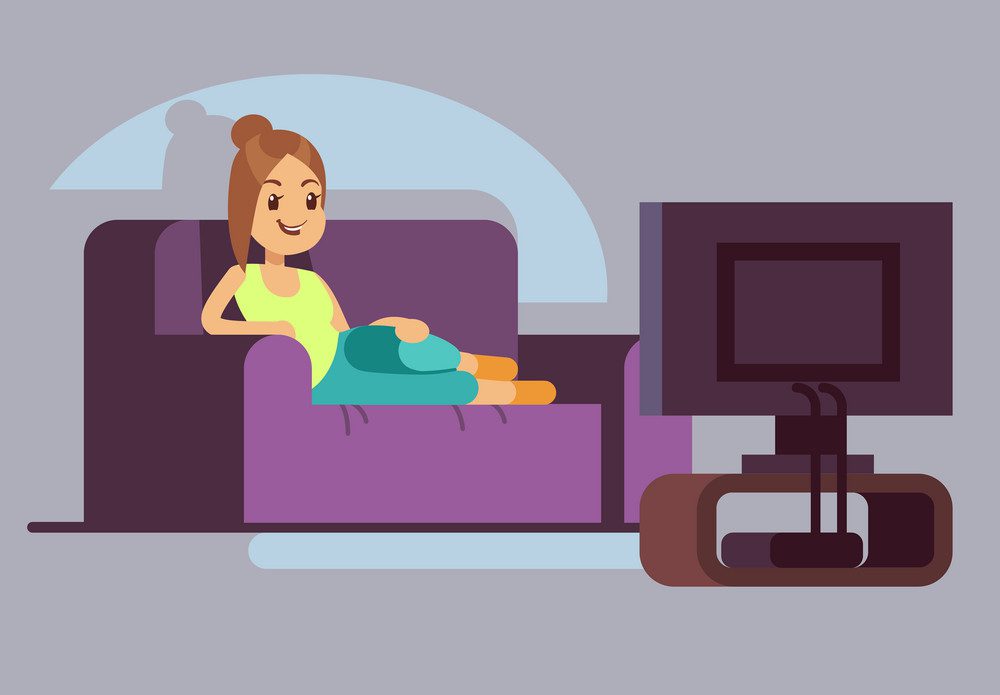
When paired with other active lifestyle habits, physical activity dramatically decreases the risk of stroke. When you exercise regularly, it is beneficial to your heart and general circulation, as well as your brain. But if not, you’re more likely to gain weight and eat less healthily, both of which can increase your risk of stroke.
So, if you have to work nonstop for 8 hours, try to get up and move around at least once an hour to maintain your heart and brain in good working condition. Instead of watching too much television, consider exercising for 30 minutes a day to feel more active and healthier.

- Drinking a lot of alcohol / becoming hooked to alcohol
According to studies, excessive and frequent drinking might cause high blood pressure and risk of brain hemorrhage.
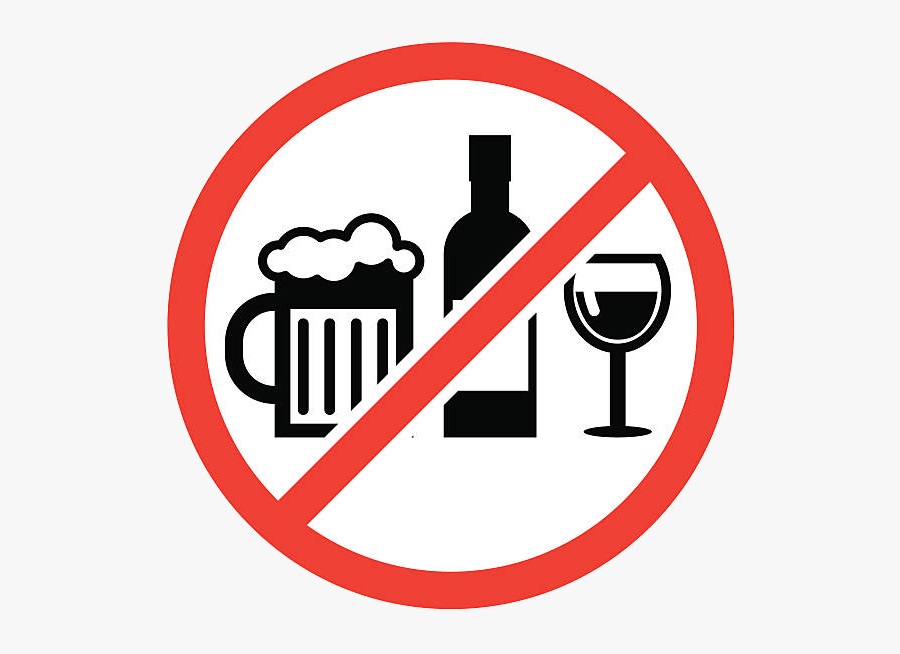
However, a small amount of alcohol is OK, and it may reduce your risk of stroke. According to studies, if you consume roughly one drink every day, your risk may be reduced. When you start drinking more than two drinks every day, your risk skyrockets.
So, if consuming alcohol is a must-have habit for you, do it in moderation. Remember to keep an eye on your portion sizes. Limit your consumption to a standard-sized drink, such as a 5-ounce glass of wine, a 12-ounce beer, or a 1.5-ounce glass of hard liquor.
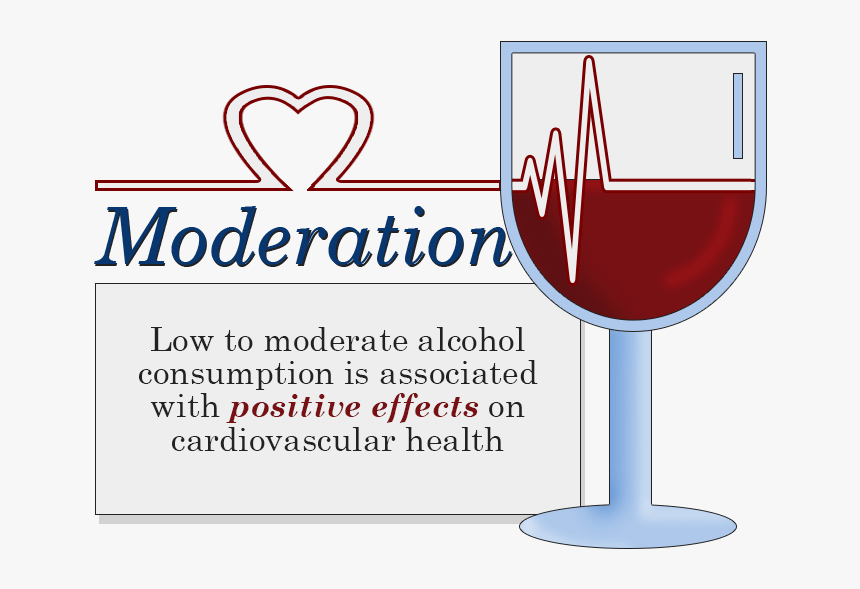
- Smoking
Smoking not only harms the lungs, but also increases cholesterol levels in the body, increasing the risk of blood clots and blocking blood flow to the brain. Along with a good diet and regular exercise, quitting smoking is one of the most effective lifestyle changes that will greatly lower your stroke risk.
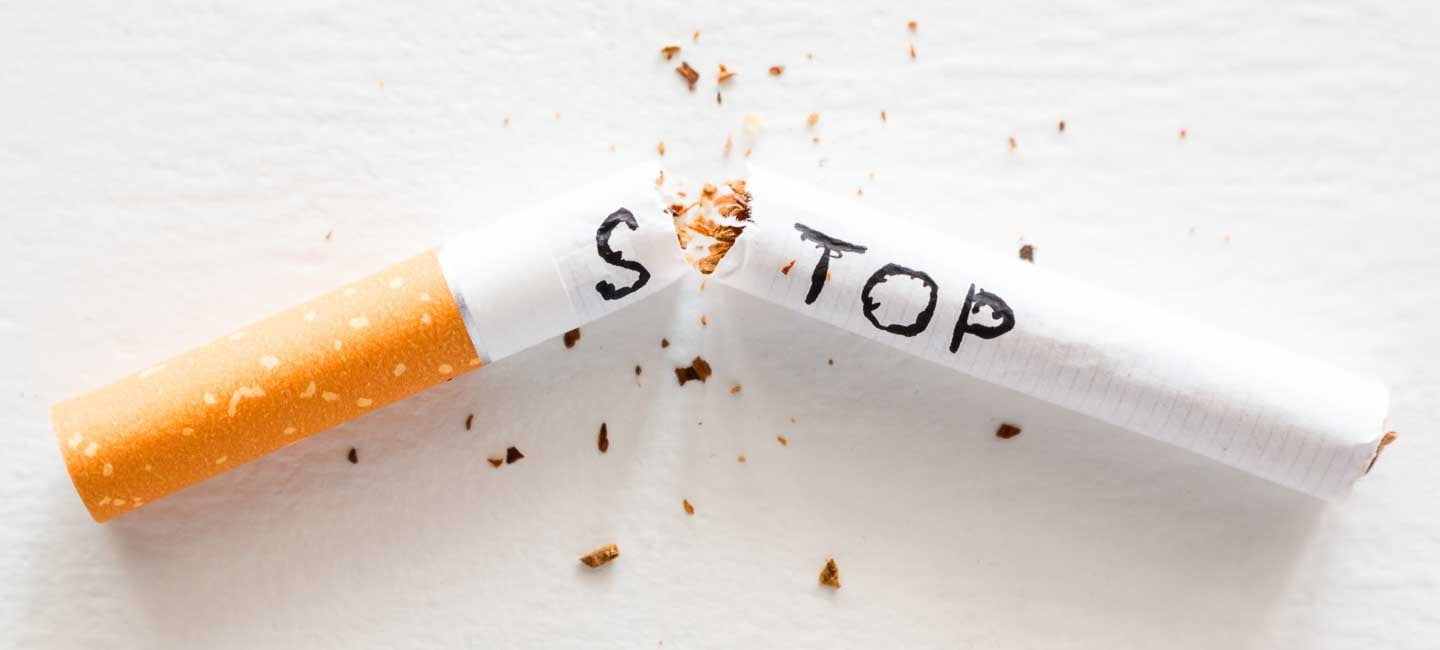
- Unhealthy dietary habits
Unhealthy dietary habits include the following:
(1) Consuming excessively salty meals increases blood pressure, which can easily lead to brain hemorrhage owing to bulging and bursting arteries. We do not need to entirely get rid of this spice from our diet, but if we make it a habit to eat lighter dishes, our health will benefit greatly.
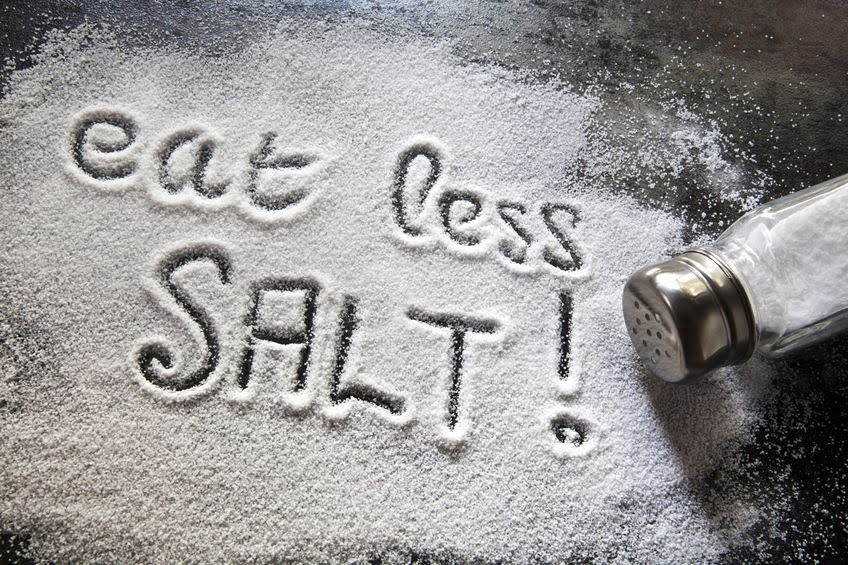
(2) Consume high-sugar foods: According to experts, high-sugar foods are abundant in industrially processed foods and drinks. It can increase your risk of heart attack disease and stroke.

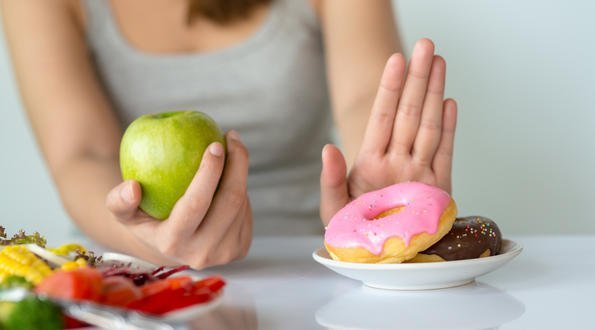
(3) Consuming high-cholesterol foods: A high-cholesterol diet can result in the formation of fatty plaques known as atherosclerotic plaques. If a piece of this plaque slips off, it can obstruct blood arteries and trigger an ischemic stroke.

- Bathing immediately after being under the sun, bathing too late or several times a day
When your body temperature is high, the pores expand to excrete sweat, but sudden contact with cold water will cause the body temperature to drop quickly, the micro vessels and hair follicles immediately contract and prevent blood circulation. This can easily lead to a cold, which interrupts the heartbeat and results in a stroke.
So, taking a shower right after being out in the sun or bathing too late (at night when the temperature drops, even if you use hot water, it might widen blood vessels and reduce blood pressure) is not a good idea.
After coming home, sit and relax for 15-30 minutes to allow your body to gradually restore a stable temperature, the pores to contract, and the perspiration to completely dry before having a shower. Remember not to shower after 9 p.m. whether the water is hot or cold.
Furthermore, if you enjoy swimming, you should avoid swimming or showering too frequently during the day. Soaking the body in water for a long time is likely to result in colds and an increase in the risk of stroke.

- Sleeping on a cold floor
Many people have a habit of sleeping on the floor, especially, without a mat or blanket. Since certain nations have a lengthy hot summer, some families cannot afford to install air conditioners, thus they choose to sleep on the ground because it is cooler.
Because the human body temperature drops when sleeping, laying on the floor makes it much easier to catch a cold. It also creates the same situation as bathing after being under the sun or bathing at night, as previously described. As a result, if you are feeling hot, open the window to allow fresh air into your room, turn on the fan in an appropriate mode, and avoid sleeping on the floor.
